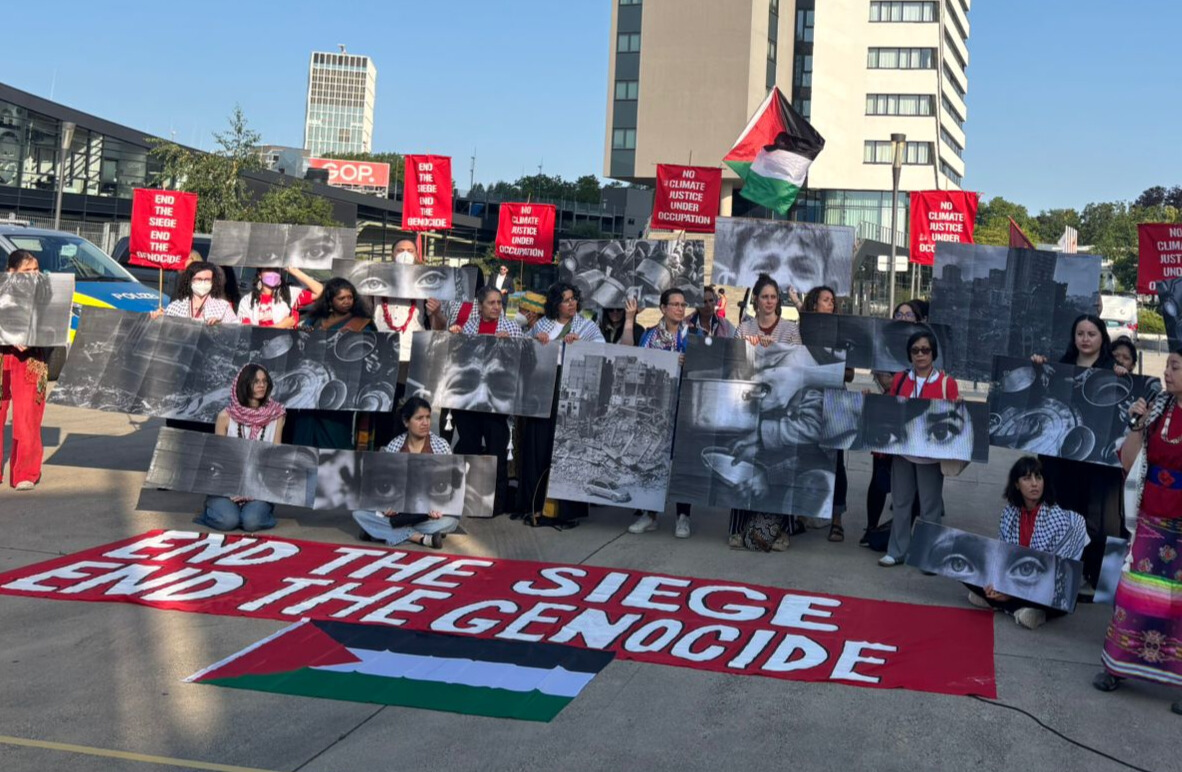SB62

June 26, 2025

June 26, 2025

June 26, 2025

June 25, 2025

June 25, 2025

June 25, 2025

June 24, 2025

June 24, 2025

June 24, 2025

June 24, 2025

June 23, 2025

June 23, 2025

June 23, 2025

June 21, 2025

June 21, 2025

June 20, 2025

June 19, 2025

June 18, 2025

June 17, 2025

June 16, 2025

June 14, 2025

June 13, 2025